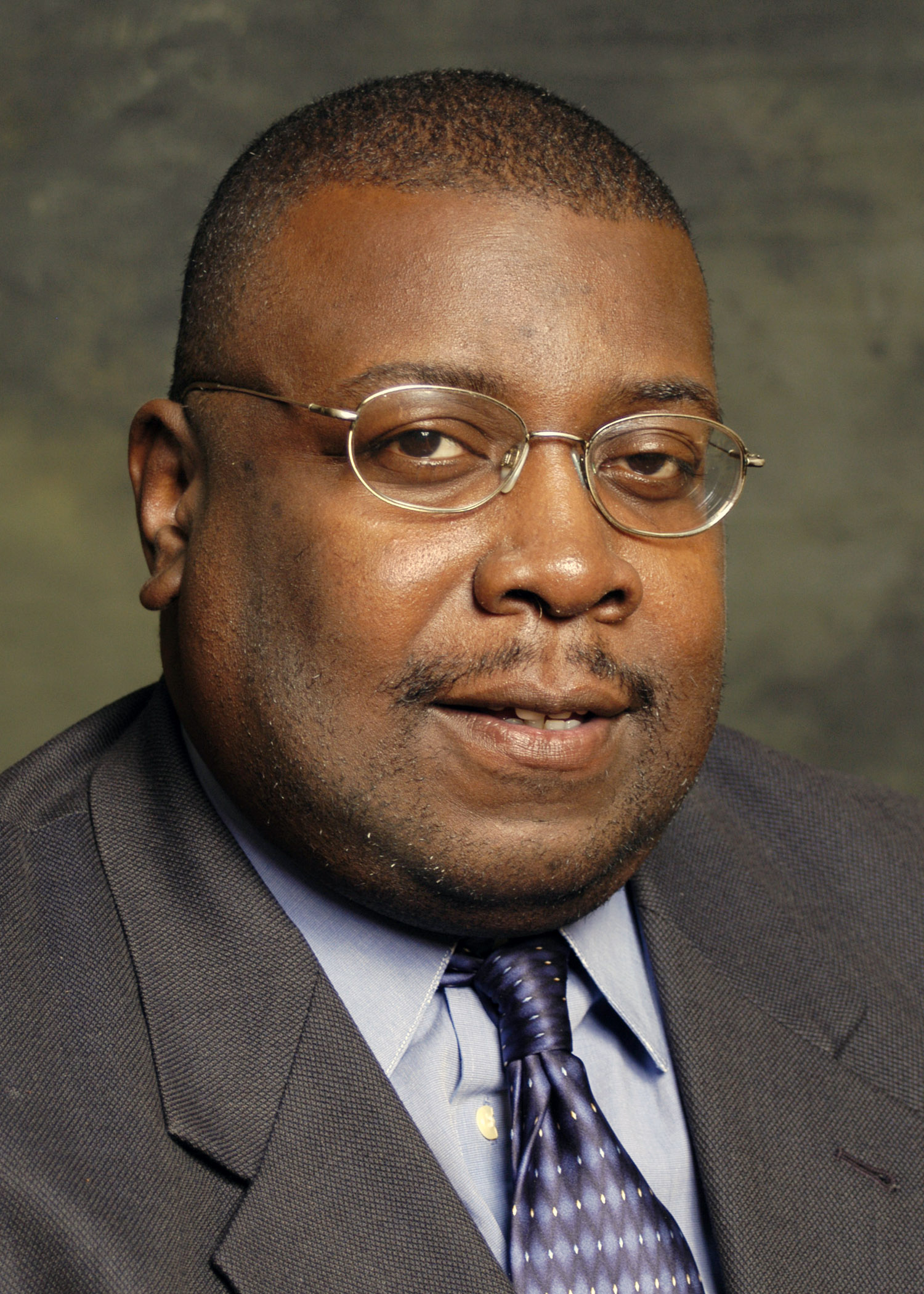We continue our monthly column, Curious Minds, created by Rose Ors to tap into the minds of legal innovators, disrupters, and out-of-the-box thinkers to learn what influences and inspires their work.
In this column, Rose speaks with John Pierre, Chancellor of Southern University Law Center (SULC) in Baton Rouge, La., about the inspiration for advocacy, Elon Musk’s genius, and why Pierre’s strongest desire is to always be learning.
Rose Ors: Who are the thinkers and leaders outside of the legal industry who influenced how you approach your work?
John Pierre: I am inspired by leaders whose legacy involves galvanizing a movement or a community to end injustices. Leaders like Mother Teresa, Rev. Dr. Martin Luther King, and Rev. Dr. William Barber.
Mother Teresa, a nun and missionary, devoted her life to improving the lives of the poor, the sick, and the dying in India. She gave them dignity. Her work continues around the world through the Catholic order she founded and countless other groups she inspired.
Dr. King’s vision and advocacy for Blacks in America gave voice to the voiceless and prompted sweeping civil rights legislation. He was a person who understood the moment and, even knowing he might die for his advocacy, he kept going.
Rev. Barber continues the work of Dr. King. His political activism, including his leadership in the Poor People’s Campaign, helps the working poor fight systemic racism and inequality, including mass incarceration and lack of affordable healthcare.
Rose Ors: Is there a business leader that inspires you?
John Pierre: Elon Musk. He is the genius behind two of the most innovative and industry-disrupting companies: Tesla and SpaceX. He thinks differently — few match his ability to get to the root of a problem. In several published interviews, he describes how he works out innovative solutions to problems by using “first principles.”
Musk defines first principles as a physics way of looking at the world by boiling “things down to the most fundamental truths… and then reason up from there… .” It sounds so simple. Still, it takes someone as gifted as Musk to apply this way of thinking to extraordinarily tricky problems.
Rose Ors: How have these leaders influenced how you lead?
John Pierre: Mother Teresa, Dr. King, and Rev. Barber exemplify how to be a servant leader. Their compassion for others and their resilience and grit in the face of significant challenges inspire me to do the same as the chancellor of a law school with a high percentage of low-income and first-generation students. Ours is a school born out of a 1946 lawsuit by Charles J. Hatfield, a Black man who was denied admission to Louisiana State University’s law school simply because of his skin color.

As chancellor, I ask myself, “How can I make things better for the students who come to this institution because they believe their lives can be transformed by it? This transformation is the dream our students bring with them. It is the dream I have committed to help make a reality. How? By helping them find their voice, their power, their value. In coming up with ways to affect these outcomes, I attempt to get — as Musk does — at the root causes that have held our students back. Root causes such as financial hardship, lack of role models, systemic bias, and racism.
Rose Ors: How do you communicate to each student how you and the law school believe in and support them?
John Pierre: The message begins in the recruitment process. In this phase, my role resembles that of a college football coach recruiting a winning team. Each time we reach out to a student, our goal is to make them feel that they are a valuable part of our community. We reinforce our commitment to their success by offering our 1L students several summer bridge programs to prepare them for the academic rigor they will face once school starts. But we go beyond helping them excel academically. For example, for the students who need financial help, we help them throughout the entire process.
Rose Ors: What books have influenced you?
John Pierre: James Baldwin’s books — such as The Fire Next Time and Another Country — are written with such passion and rage and always with the idea that barriers have to be broken in America for a Black man to reach his full potential. Then there is Dr. King’s Strength of Love and Where Do We Go from Here: Chaos or Community? In addition to his famous “I Have A Dream” speech, these books confirmed for me how much of a rebel he was despite his non-violent approach to change. Here was a man who took on racism by staring it in the face and saying, “We will not bow down to institutions or practices that are unjust.”
Another book that had a profound influence on me is The Autobiography of Malcolm X. The book recounts how Malcolm X transforms his life from a man in prison to a deep thinker and activist. In this most candid autobiography, Malcolm X shares how his conversion to Islam helped him confront the rage that caused him to call himself “the angriest Black man in America,” to someone who believed in forgiveness and reconciliation as the way to proffer lasting change.
Rose Ors: What fuels your creative thinking?
John Pierre: What fuels my creative thinking is my desire to be a visionary. Some of it is the fear of becoming irrelevant. But mostly, it is a deep-seated desire always to be learning. There are few things I enjoy more than having scintillating conversations with brilliant minds. I love and welcome conversations whose depth and breadth leave me thinking and exhilarated.
Rose Ors: What is a big picture issue facing law schools today?
John Pierre: I think law schools must ask themselves, “How do we rethink legal education so that it equips our law students to be 21st-century lawyers? Technologically savvy lawyers who understand the business of law. Lawyers who enter the workforce with an understanding of business basics, data analytics, and project management. Lawyers who know how to work in teams.”
All these skills are essential to succeed in today’s legal marketplace. Law schools must align what they teach to what students need today, not decades past.
This interview has been edited and condensed by Rose Ors.







